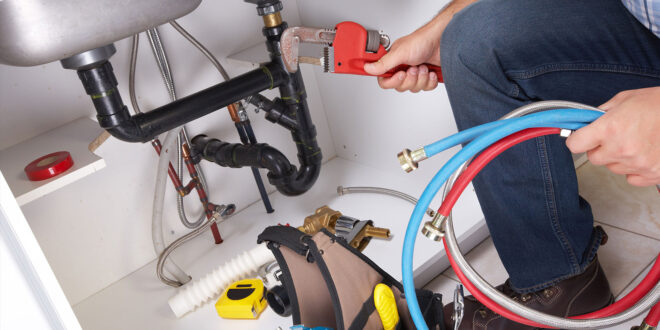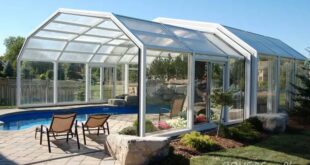We would be living messy lives if it wasn’t for plumbing. Naturally, this means you should focus quite a lot on maintenance. And what better way to do it than have someone else tell you all there is to it?
This article will serve as a guide for 2024 as we’ll be laying out the 3 most important maintenance tips when it comes to plumbing.
So, without wasting too much of your time, let’s start.
Why Is It Important?
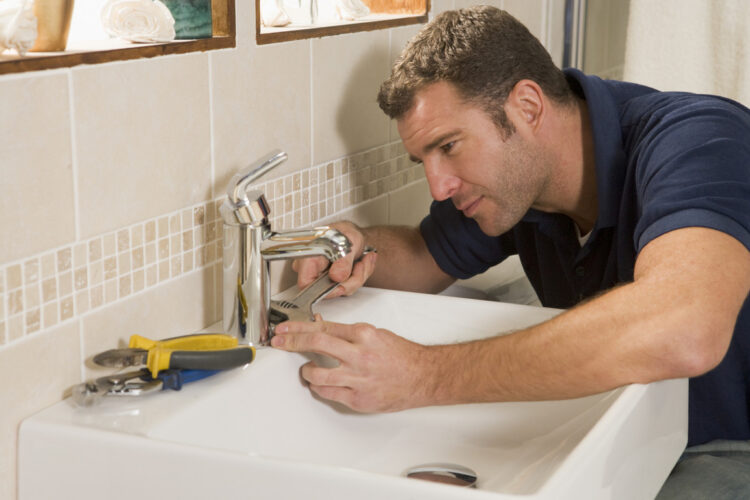
Asking why plumbing is important is like asking why do you need clean water. However, not a lot of people think about potential issues until the issues present themselves.
Maintenance is important as we wouldn’t have access to clean water without it. Also, this is how we dispose of human waste, so you can imagine why we have so much to thank for this discovery.
So, maintenance is important if you want to live in a clean environment and have access to clean water, amongst other things.
Daily, Weekly, or Seasonally?
It’s important that we discuss a few other things before we get into the actual tips. One of those things is whether you’ll need daily, weekly, or seasonal plumbing maintenance. Different issues can cause different problems across the year.
Some of these issues are closely tied to a particular season, which we’ll get into that shortly. Some issues can also present themselves at any moment, making them very unpredictable.
But regardless of which, we will tell you how to avoid these issues from ever becoming a problem by keeping tabs at all times. So, with that said, let’s start with the daily maintenance tips.
1. Daily Maintenance Tips
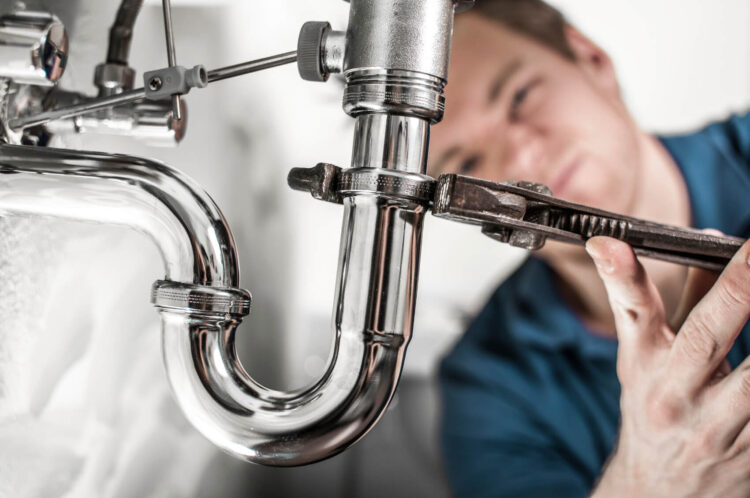
When it comes to daily maintenance, it’s all about preventing clogs that can wreak havoc in your home and your septic tank. But this doesn’t only take into consideration our bathroom drainage, it also includes the kitchen.
When running daily maintenance in the kitchen, it’s all about eliminating the debris from leftover food that can clog up the pipes. Out of anything you put on your plate, grease and oil are probably the worst things you could flush down the sink.
Greases and oils can potentially congeal down the pipes, which could then prevent water flow and cause a mess in your kitchen.
Below are a few tips that you can run to ensure safety in your kitchen:
- Try to dispose as less food as you possibly can. But make sure to never dispose oils and greases.
- If your household has a dishwasher then you must use it only at night.
Now, let’s talk about the bathroom. The bathroom is a pretty straight forward part of our home that does a very important. Daily bathroom maintenance is super important as any potential problems can be very messy to deal with.
Below are a few tips that you can run to ensure safety in your bathroom:
- Make sure that no hair goes down the pipes when showering by installing screens that prevent it. Hair is very difficult to remove from the pipes and one of the easiest ways to clog them.
- The only thing you can throw down your toilet is your waste and toilet paper. People also like to throw wet wipes, but do know that wet wipes are very hard to dissolve and they will clog up your toilet if you do so. Do not treat your toilet as a trashcan!
- Avoid using cleaning products that can potentially corrode your bathroom pipes. These include chemical products that can react negatively when in contact with your pipe system.
If you have any problems with your plumbing, then having access to reliable and affordable services is of utmost importance, according to Beacher McNeal.
2. Weekly Maintenance
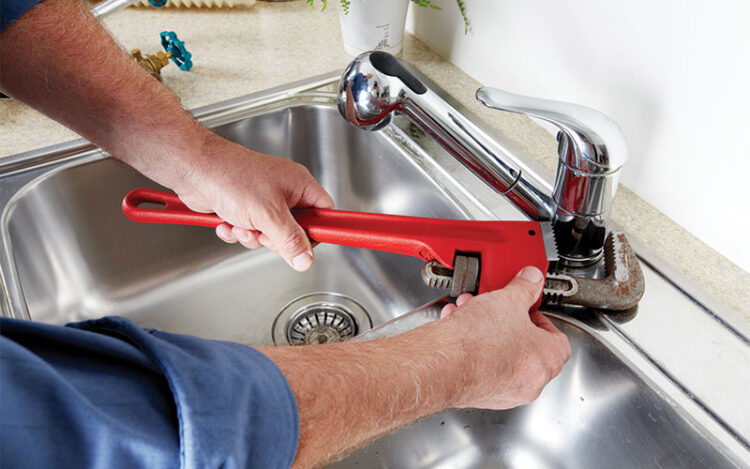
When it comes to maintaining the health of your pipes, running checks on a weekly level is probably the best way to ensure no small problem turns into a bigger one.
Weekly maintenance, however, isn’t something that you do in a matter of minutes. It can be quite exhausting to keep your pipes healthy. However, you will make a change if you follow these and the previous tips.
For weekly plumbing maintenance, make sure to follow these:
- Making sure that all sinks are leak-free will put you in a good spot each week. Checking for leaks is probably the easiest thing you can do. When doing so, look out for puddles of water, mold, an unusual smell, and moisture under every sink in your home.
- Do a test run by checking every sink or shower drain for any potential problems. If you notice that the water runs slower than before, then this is a clear sign of plumbing issues. Also, if you notice bubbles coming out while the water drains, then you should do further inspections or call a professional to look into the problem.
- When running the previous test, make sure that no water comes out of the handles. The water should only come out of the faucet.
While it might be boring to this every week, it’s important if you don’t want to get yourself into paying hefty plumbing fees when a real problem occurs.
3. Seasonal Maintenance Tips
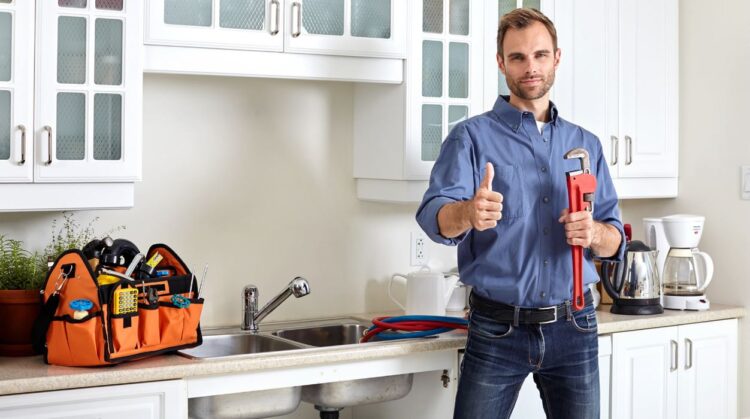
Each season should be approached differently in terms of maintenance tips. For that matter, we’ll give you the basics you should look out for when doing so.
Fall Season
Fall is the time when we should be doing our preparations for the winter. The temperatures will start to drop, meaning you should do some preparations for your pipes for the upcoming winter.
Winter Season
If you didn’t prepare in the fall, then your pipes might freeze during the winter. While this isn’t the case for every household throughout the world, it is in the regions of the world where winters can be quite cold.
Spring Season
Spring is the time for spring cleaning. When doing it, make sure to check on your pipes to ensure everything is in order.
Summer Season
This is probably the time to run an entire inspection of your septic system. If you’re ever going to do it, or call someone to do it, then this is the time for it.
 Hi Boox Popular Magazine 2024
Hi Boox Popular Magazine 2024
